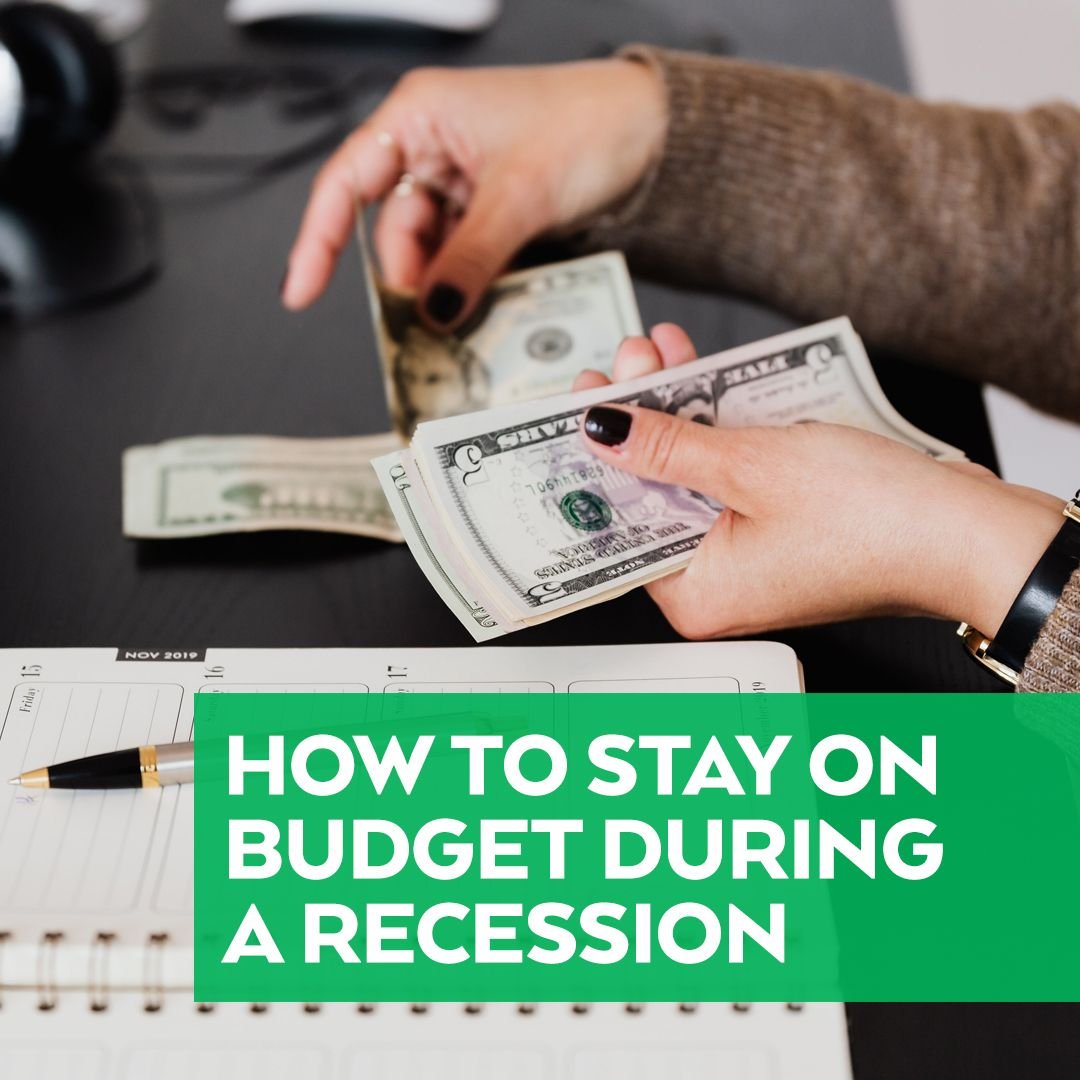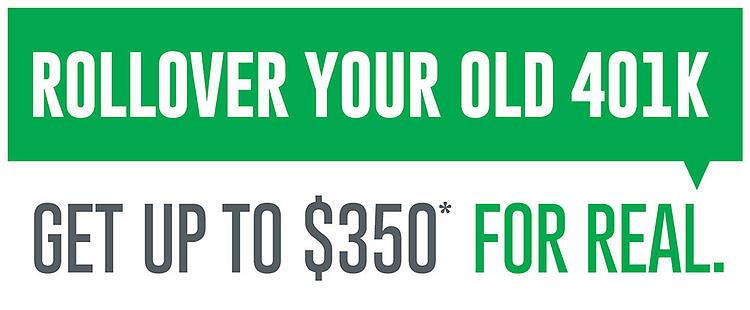
Our current ‘recession via a pandemic’ situation calls for an evaluation of all of our budget items; if we have a budget, or the creation of a budget if we don’t have such. This global pandemic has more than ever shown the importance of having an understanding of where your money is coming from as well as where it is going, spent and saved. We’ll discuss below some ideas on how to think about budgeting during such times, as we’re definitely in a recession now. This information can serve us during our current situation as well as for future recessions that we’ll definitely see.
Have a budget
You cannot stay ‘on budget’ if you don’t have one. The very first step is the creation of a budget, and that can be very detailed, something like the one you’d get if you decide to work with us, or it can be one that’s much simpler. The important thing is that you have one. Without a budget you won’t know exactly where your money is going, nor would you be able to identify areas in your spending where you can make changes to adjust it according to your goals. How can you adjust it if you’re not aware what it is?
Start with your income
Where and how much income is coming in every month? What is net income after all taxes are taken out, as well as all other deductions (healthcare, 401K etc.)? That is the income that you can save/spend. Here you can also add if any supplementary income that you may have like Uber/Lyft/Amazon, any part-time job and alike. While for most employees, taxes are taken out by the employer; for many self-employed, contractors or gig economy jobs, money for taxes has to be withheld and put aside by the individual himself so you don’t get surprised with a high tax bill (and no money to pay it) when you file taxes next year. Be aware that even your unemployment checks are also taxable come tax time, so for many currently unemployed, you’d want to save some of that for taxes.
You still have to eat
As a recession is already here, many will start worrying about their continuing income, but there are still necessities that have to be fulfilled. For many, those are the food, rent/mortgage, healthcare payments and any utilities. Debt payments would also fit here, but in the current recession, many financial institutions are working with their clients, either postponing payments or reducing them to help alleviate some of the stress that comes with paying such bills when/if income has been affected due to the pandemic or loss of job. You’d have to call your financial institution to check if such choices exist.
What about saving and investing?
A recession shows why we save and invest during ‘good times’. It also shows the importance of an emergency fund that can keep you afloat if you’ve lost your income. The emergency fund, which we typically recommend to cover 3-6 months of your expenses, may even need to be made bigger as this pandemic is showing. Although many cannot just snap their fingers and have 3-6 months of expenses in an emergency fund, you can start and save periodically in an account, designated for emergencies. If you haven’t lost your job, or your income hasn’t been reduced or you’re simply one of the people that didn’t think of such in the past, having an emergency fund has become (as it should) a main priority.
But, what about investing? Many people fear investing when the stock market moves lower, while predicting a potential recession, but that’s usually a mistake. It is a mistake, primarily, because for many people, that money (say, retirement money) is needed so far out from today. As we know, recessions won’t typically last that long and will recover way before you need that money, so if you’re in your 20s, 30s, 40s and even 50s you’ll have decades to get your gains back up. The second reason it’s a mistake not to invest during a recession because the market is weakened during a recession which makes it a good opportunity to buy when stocks are on sale. Why sell at 20%, 30% or lower prices? For most of our clients with a longer time horizon for their goals and that haven’t lost their income, we recommend continuous saving and investing. Now, if you’ve lost your job, don’t think about investing; your priorities are covering your essentials, hopefully with your already saved emergency fund.
Your discretionary spending takes a back seat
As you can expect, during a recession or if you’ve lost your income, the discretionary spending is the one that takes the first hit. We know that hurts. During this particular recession, the discretionary spending (going out, gifts, parties, weddings, etc.) has been reduced automatically by the nature of this ‘social distancing’ recession, but in other more typical recessions, these are the items that we should reduce to stay on budget, especially if there is a loss of income. Too bad it is the fun stuff that gets cut when you need them the most J, but you don’t have to cut them to $0. Prioritize and keep the ones that bring value and satisfaction to you while not underestimating the mental component needed to continue through hard times. Sometimes we need something nice to hold us off until this darkness has passed, but just be aware and keep it in check.
A recession is a restart
Many see recessions as a negative or something to avoid at all costs. Historically, they can’t be avoided because they’re part of the economic cycles.Some recessions are triggered by different hot sectors that need to be cooled off (think of the dot com era in 2000s, and housing crisis of 2008-2009) and sometimes, like now, they’re triggered by completely unexpected and forced economic shutdowns due to the pandemic. No matter how or why they come, recessions are a reminder that good times don’t last forever and we need to be prepared, physically and mentally, and especially financially. It is a reminder of why we save in an emergency fund and why we invest for the future. It is a restart of a potentially much more beneficial economic cycle and this time won’t be different. You just have to be ready & prepared for it. Stick to your budget, prioritize saving and if you’re in a good position continue to invest more for your future.





